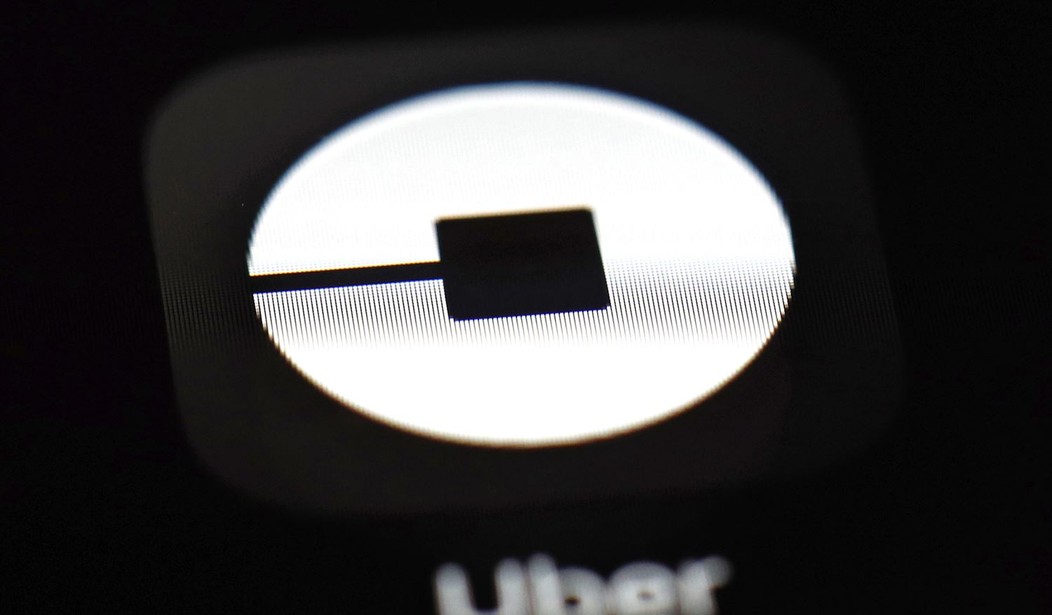On November 3rd, California voters will decide whether Proposition 22, a ballot initiative that would exempt ride sharing apps and food delivery companies from the draconian labor regulations of AB.5, should become state law.
Proposition 22 would allow ride share apps like Uber, as well as food delivery companies like DoorDash and Grubhub, to continue to classify its workers as independent contractors, but mandate a minimum level of compensation and the provision of certain benefits for individuals who work a set number of hours. Proposition 22 would also mandate advanced training and protections for drivers. Most importantly, the proposition on Tuesday’s ballot would allow contractors to retain the flexible work conditions that rideshare drivers and food delivery people overwhelmingly support.
Its passage would provide an important exemption to ride share apps and food delivery companies that would allow them to continue to operate and provide an essential source of income for over 209,000 Californians. Additionally, the passage of proposition 22 would allow rideshare apps to continue to provide affordable transport to the significant number of Californians who do not own an automobile.
Arguably the strongest case for the passage of Proposition 22 is the substantial numbers of rideshare app drivers who prefer their status as independent contractors as opposed to employees. A June 2020 survey of rideshare app drivers by Edelman Intelligence found “more than 7 in 10 app-based drivers in California support the ballot measure that would protect their right to be independent contractors.” More importantly, the same survey revealed that 88 percent of app-based drivers said they joined rideshare apps because “they needed a job where they could choose when or where to work.”
Recommended
The significant satisfaction app-based drivers have toward their work environment largely destroys the argument put forward by opponents of Proposition 22 who erroneously contend contract labor is an employment structure that exploits drivers.
Opponents of the proposition also miss the profoundly damaging effects the rejection of this ballot measure could have for both the Californian economy and California’s consumers. The Edelman Survey from June 2020 found that if California law prevented rideshare app drivers from selecting their schedules, 84 percent of drivers would stop driving. A recent estimate put the decrease in drivers would fall 76 percent from its present 209,000 to only 51,000.
The reduced number of drivers would not only lower the incomes of drivers who drive to make extra money, but the loss of drivers would be profoundly damaging to California consumers as the cost of their trips would noticeably increase. A recent estimate produced by Uber found that if Proposition 22 fails to pass, the cost of riding would “increase 25-111% across different parts of California to cover increased costs.” The increased cost of riding Uber would likely fall onto rural consumers as “larger cities would be able to support lower prices…where sparse demand makes it more costly to sustain a business under an employment model.”
Uber estimates that markets such as San Francisco would see price increases of around 20-30 percent, while the Inland Empire region, which is home to around 4.5 million Californians, would see prices rise between 110-120 percent.
These kinds of price increases would be profoundly damaging for California’s consumers. The substantial price increases would likely price many riders out of the market, making it affordable for only the wealthiest Californians.
Discussing this possibility, Uber estimated the cost increase could cause demand to fall between 23-59 percent, “with the greatest impacts in sparse areas.” This would only further contribute to the coastal urban divide that presently exists in California.
A UC Berkeley poll found 39 percent of voters supported the ballot measure while 36 percent opposed the measure. Another 25 percent of voters are undecided and will ultimately decide the fate of the measure.
Citizens and workers deserve better. While the electoral outcome is murky, if Proposition 22 fails, there will be blatantly clear and profoundly damaging effects for consumers, as well as those who derive income from rideshare and delivery apps.
Edward Longe is a research associate at the American Consumer Institute, a nonprofit educational and research organization.

























Join the conversation as a VIP Member